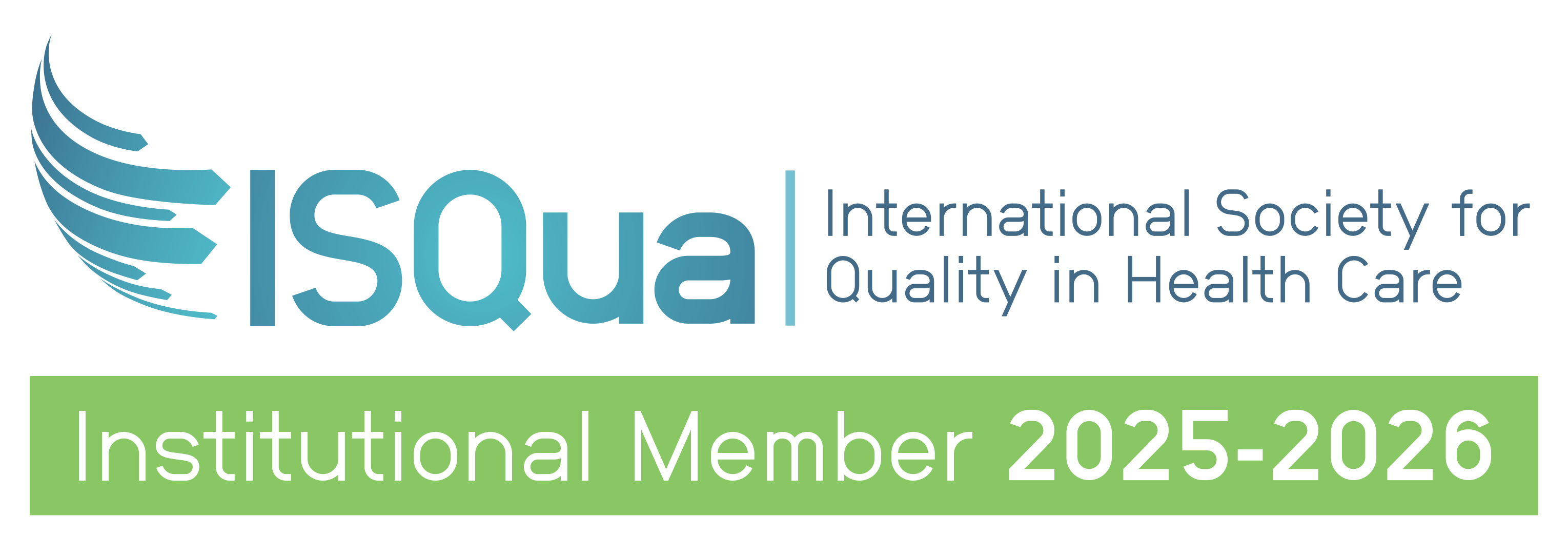
How to embed quality improvement into your healthcare organisation
NSQHS Standard 1, Action 1.01 requires the governing body of healthcare organisations to provide leadership to develop a culture of safety and quality improvement.
NSQHS Standard 1, Action 1.01 requires the governing body of healthcare organisations to provide leadership to develop a culture of safety and quality improvement. There are many challenges to building a culture of quality improvement (QI) within an organisation. This can include an organisation’s context, culture, and capacity to adopt new systems of change.
During a discussion between Improvement Academy Director, Assoc Prof Bernie Harrison and Chief Quality Officer, East London NHS Foundation Trust, Dr Amar Shah, we reflected on what it means to build a meaningful culture of continuous QI within healthcare organisations and how to overcome some challenges associated with building QI systems.
When considering this question, it is useful to reflect on how the term quality improvement is defined. Dr Shah refers to quality improvement as a “systematic approach to solving complex problems that involves the people closest to the issue in helping to discover new solutions”. It involves people such as the patient, staff, or carer as an inherent source of expertise and knowledge for decision making.
Dr Shah made the following recommendations to improve the culture of QI within an organisation:
1. Planning and Preparation
QI systems are not a one size fits all model and it is important to think about the kind of support needed within the organisation before implementing new systems of change.
An organisation that is intent on creating a culture of QI needs a plan that identifies the support needed for staff to be able to apply improvement in their role.
As Chief Quality Officer, Dr Amar Shah reflects on the early stages of leading East London NHS Foundation Trust’s quality improvement journey, he notes the importance of having been on the ground to speak with various stakeholders.
“We went to Scotland where they'd been applying quality improvement to patient safety issues for a few years and we went and talked to as many people as we could, just to go and find out what it really felt like and to understand what would work for us because the approach to quality improvements really has got to fit with the culture and the way in which your organisation functions.” said Dr Shah
“We started asking the question well if we were going to redo this and we were going to commit to this for a decade or more, what kind of help and support would we need?”
2. Rethinking the role of senior leaders
A key part of QI is rethinking traditional top-down model of leadership within an organisation.
“The key things we as senior leaders need to do in order to role model, is to support, build and nurture this culture of continuous improvement. We now spend a lot more time going out seeing how work gets done and listening to people on at the point of care than we ever did,” said Dr Shah.
A meaningful culture of QI is built upon an organisational culture where people feel safe to be able to explore and experiment with new ideas.
“You want to democratise improvement and you want to allow everybody and every team to be able to figure out for themselves what are our challenges what are we good at and where do we need to get better,” said Dr Shah.
3. Build a culture of change
Change inertia is a common challenge for organisations implementing QI. It is important to build a culture where staff and managers view change positively. Dr Shah notes that having channels of open communication throughout an organisation, so that staff understand what is happening and are able to share interesting or exciting stories, is one effective way of promoting a culture of QI.
“In the early days we were focused on encouraging and inspiring people. We had a simple website where people could go to, we started to use social media and newsletters to tell stories, and we wanted to make sure people really felt like this was exciting and was something they wanted to be part of.” said Dr Shah
“Being able to hear from people about what a difference the work has made for them personally, and being able to hear from a patient, from a clinician or from a staff member about the work they've done to improve something, really reinforces the value of quality improvement and it inspires other people to give it a go.”
Thank you to Dr Amar Shah for joining us and sharing his ideas and experiences. The Improvement Academy regularly host member exclusive Masterclasses that feature an influential public figure who have led key projects, research and/or field work within the healthcare space. If you work at an organisation that is a member of ACHS, you are warmly invited to attend these live events.
You can learn more and listen to this Masterclass in full on our e-learning Platform

